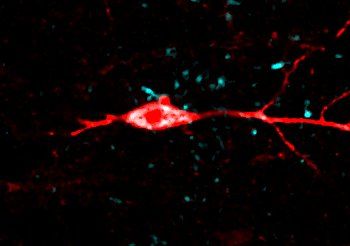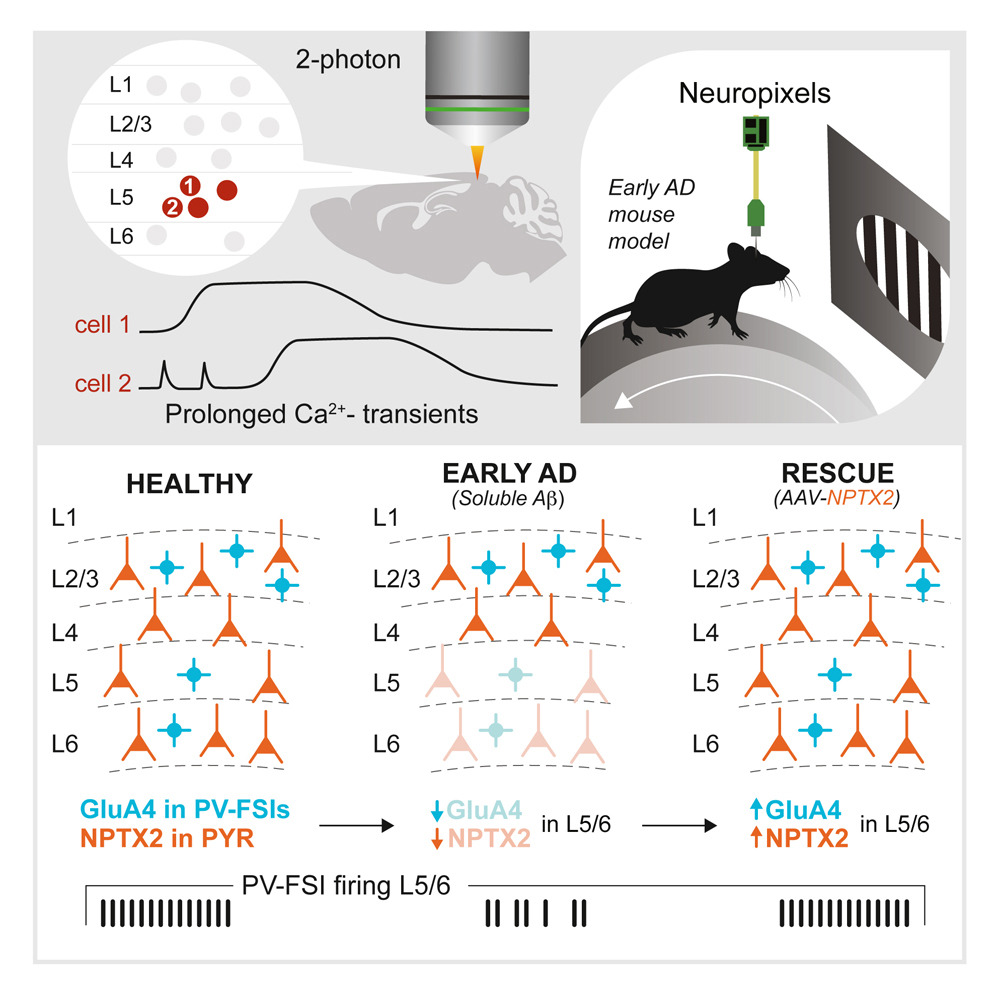
Rikesh Rajani
@rikeshrajani
Group Leader @UKDRI @EdinburghUni. Visiting Researcher @ucl. Neuroscientist/dementia researcher. Living with #LongCovid. He/him.
ID: 32152058
16-04-2009 21:04:21
147 Tweet
212 Followers
535 Following

A dedicated issue of Science Translational Medicine on #LongCovid —Sex-specific differences, with perspective by Prof. Akiko Iwasaki and Julio Silva —Insights for therapies Andrea Cox —Deconvoluting "Osler's Web" Michael Peluso, MD Steven Deeks Maureen Hanson Sharon Saydah —+RECOVER Trial,


NEW: Govt has published outcome of consultation on ME and chronic fatigue syndrome. Delivery plan due in March 2025 too. After delays under the last govt, these are serious steps forward. Many thanks to minister Andrew Gwynne MP. gov.uk/government/con…

Listen to the latest episode of our podcast 'EDI Chronicles at Brain Sciences'. In this episode, we speak to Dr Rikesh Rajani, Senior Research Fellow and member of the Disability Equity Committee about his experience of being an academic with #LongCOVID. bit.ly/3PvliVj


Delighted to announce Rikesh Rajani as the first Group Leader to join our flagship vascular dementia research centre with British Heart Foundation🎉👏 The Rajani Lab will investigate how the protective myelin sheath around brain cells is damaged in small vessel disease👉buff.ly/4hIGaVM



New research led by Marc Aurel Busche has found that tau specifically disrupts a certain type of electrical activity in the hippocampus in Alzheimer's🧠 The findings unlock a key piece of the puzzle in understanding how toxic tau drives memory problems👏👉buff.ly/yx8Rdk6





Hiring! We're looking for a postdoc to join my lab at the UK Dementia Research Institute @UCL. We’re investigating neuronal and circuit dysfunction in Alzheimer's, and developing innovative new treatments. Apply here👇 shorturl.at/LpCAq #Neuroscience #Alzheimers #Postdoc #Hiring #Dementia

Great to see this excellent study that I contributed to now out in Cell Reports. We show the key role the APP family plays in regulating synaptic NMDA receptors and spontaneous neuronal activity.

🧠How do brain circuits fail in early Alzheimer's disease? 🧠 Join Dr Marc Aurel Busche for the next research webinar in our 'Rethinking neurodegeneration' series, taking place 4-5pm (BST), Thurs 24 July 🗓️ During this fascinating talk and Q&A, Dr Busche will present

The Rajani Lab is hiring! We are looking for a postdoc to join us at UK Dementia Research Institute The University of Edinburgh to investigate neuronal activity and white matter changes in vascular dementia. Apply here 👇 bit.ly/44AFJHx


The UK Dementia Research Institute at University of Edinburgh is looking for a postdoctoral Research Fellow to join the Rajani Lab as part of the new national BHF-UK DRI Centre for Vascular Dementia Research. Closing date: 13th August dementiaresearcher.nihr.ac.uk/job/uk-dementi…




